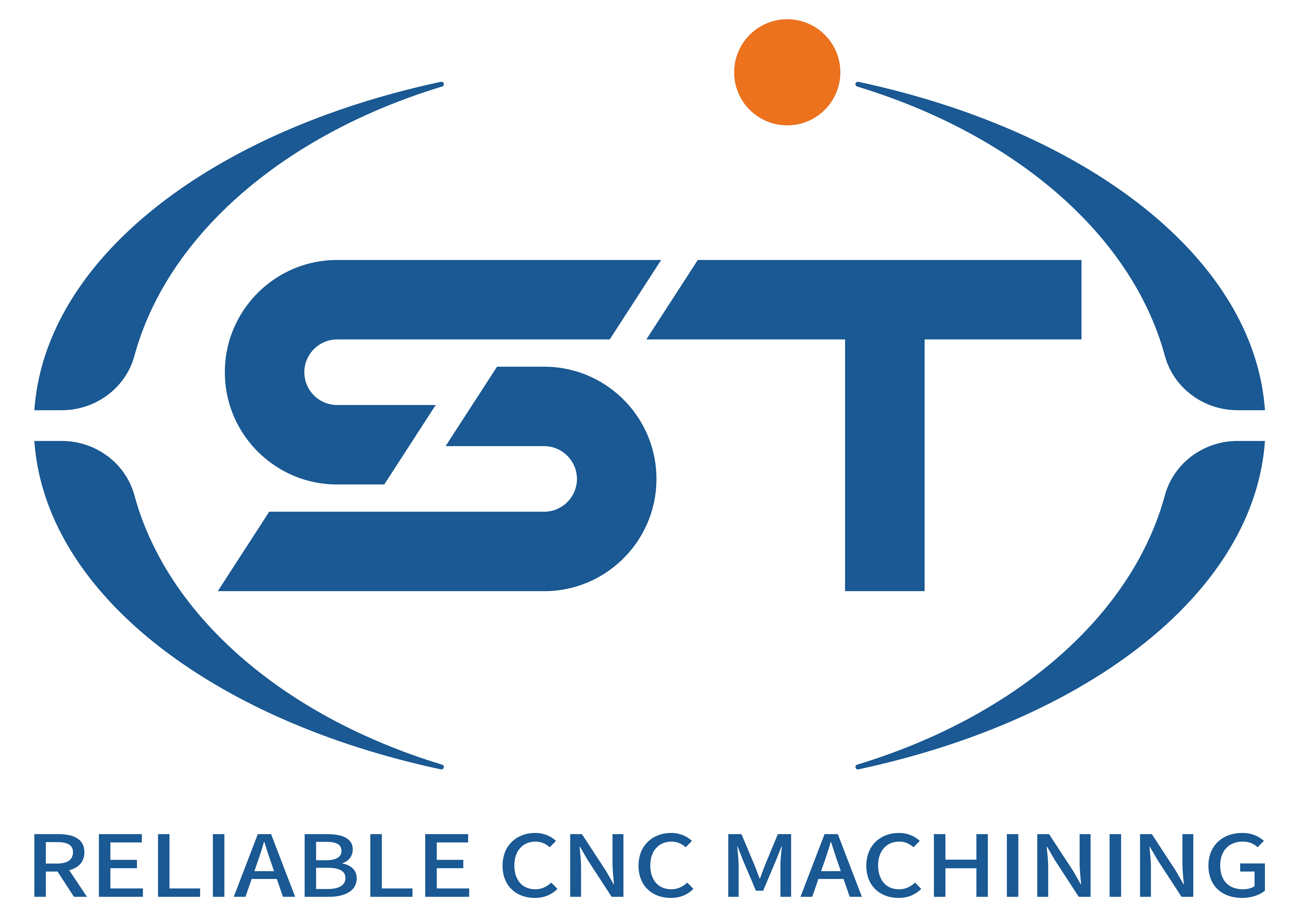Table of Contents
ToggleUnderstanding CNC Machining and Its Applications
CNC (Computer Numerical Control) machining is a sophisticated manufacturing process that utilizes computer software to control machine tools for precisely shaping materials, including custom aluminium parts. The operation begins with the creation of a digital design using CAD (Computer-Aided Design) software, which is then translated into a set of commands for CNC machines. These machines are capable of performing various functions such as milling, turning, and drilling. By accurately following the numerical commands, CNC machines can produce components with remarkable precision and consistency.
The advantages of utilizing CNC technology are significant. Firstly, it offers an exceptional level of precision, allowing manufacturers to achieve tolerances as tight as 0.001 inches. This high degree of accuracy is critical, particularly in industries such as aerospace and automotive, where safety and reliability are paramount. Secondly, CNC machining provides unparalleled repeatability; once a program is established, identical parts can be produced in large quantities without variance, ensuring uniformity in every batch. Additionally, the efficiency of CNC processes drastically reduces production time compared to traditional manufacturing methods, significantly lowering operational costs.
CNC aluminium parts find extensive application across various sectors. In the automotive industry, these components are essential for producing intricate parts such as engine mounts, brackets, and custom housings, enhancing vehicle performance and reliability. The aerospace sector, known for its stringent standards, uses CNC machined aluminium components for critical applications such as turbine blades and structural parts. The electronics industry also benefits from CNC machining, as custom aluminium enclosures and heat sinks manufactured through this process are integral for the efficient functioning of electronic devices.
This overview of CNC machining underscores its pivotal role in modern manufacturing, particularly as industries increasingly rely on custom aluminium parts to meet their specific requirements and enhance production capabilities.
Why China Has Emerged as a Leading Manufacturer
In recent years, China has established itself as a dominant force in the field of custom CNC aluminium parts manufacturing. This success can be largely attributed to several interconnected factors. One prominent factor is cost-effectiveness; China’s extensive manufacturing infrastructure enables companies to produce high-quality parts at a lower cost compared to many other countries. This affordability attracts businesses worldwide, keen to optimize their production budgets without compromising on quality.
Furthermore, the availability of skilled labor plays a critical role in China’s manufacturing success. The nation boasts a large workforce that is not only adept in traditional manufacturing skills but also increasingly proficient with modern technologies. Education and vocational training programs have evolved to meet the needs of a rapidly changing industrial landscape, ensuring that workers are equipped with the expertise required for precision machining and CNC processes.
Another significant aspect contributing to China’s position as a manufacturing leader is its investment in advanced technology. The continuous enhancement of manufacturing processes has led to increased efficiency and improved output quality. Companies in China are adopting cutting-edge CNC machines and automation technologies, which enhance precision and productivity while reducing turnaround times for custom aluminium parts.
Raw material availability further strengthens China’s advantage. The nation has access to a rich supply of aluminium along with well-established supply chains, which allow manufacturers to procure materials quickly and at competitive prices. Moreover, government policies that promote industrial growth in key sectors encourage further investment in manufacturing capabilities.
Lastly, China’s unparalleled ability to scale production enables it to meet fluctuating global demands effectively. Whether for large-scale projects or smaller, bespoke orders, Chinese manufacturers are capable of adapting their output swiftly. This flexibility has cemented China’s role as a reliable partner in the custom CNC aluminium parts market, thus solidifying its prominent presence on the global stage.
Choosing the Right Manufacturer: Key Considerations
When selecting a reliable custom CNC aluminium parts manufacturer in China, it is crucial to evaluate several key criteria that will ensure a successful partnership and high-quality output. First and foremost, quality certifications play a vital role in determining a manufacturer’s credibility. Look for manufacturing facilities that possess internationally recognized certifications, such as ISO 9001. These certifications indicate adherence to industry standards and a commitment to maintaining quality management systems.
Next, it is essential to assess the production capabilities of the manufacturer. Consider the range of machinery they utilize, the technology they employ, and their capacity to handle various volumes of production. A manufacturer with advanced CNC machining capabilities and equipment can offer better precision and efficiency in creating custom aluminium parts that meet your specific requirements.
An equally important aspect is lead times. In the fast-paced manufacturing environment, timely delivery is crucial. Evaluate the manufacturer’s average lead times for different types of projects, and verify their ability to meet your deadlines consistently. This consideration is particularly important if your project has tight timelines or requires rapid prototyping.
Effective communication practices also contribute significantly to the selection process. A manufacturer that maintains clear and prompt communication can address concerns, provide updates, and ensure that project specifications are met accurately. Establishing a rapport early in the relationship can benefit future collaborations.
Further, it is advisable to scrutinize a manufacturer’s experience. A long-standing presence in the industry often correlates with a deeper understanding of production processes and customer needs. Finally, customer reviews and testimonials can provide invaluable insights into a manufacturer’s reputation, reliability, and ability to handle quality control effectively. By considering these factors, decision-makers can make informed choices when partnering with manufacturers for their custom CNC aluminium projects.
Future Trends in CNC Aluminium Parts Manufacturing
The landscape of custom CNC aluminium parts manufacturing in China is poised for significant transformation over the coming years. Emerging technologies such as automation and artificial intelligence (AI) are playing pivotal roles in streamlining production processes, enhancing precision, and reducing lead times. These advancements are not only aiding manufacturers in achieving higher productivity levels but also enabling them to maintain stringent quality controls. As machines become increasingly interconnected through the Internet of Things (IoT), manufacturers can monitor and adjust production in real time, fostering a more efficient and responsive production environment.
In addition to technological advancements, the industry is witnessing a robust trend towards sustainable manufacturing practices. The push for eco-friendly operations is gaining momentum as companies strive to reduce their carbon footprints and comply with increasingly strict environmental regulations. This focus on sustainability is prompting manufacturers to adopt greener materials and energy-efficient machines, which are crucial in today’s market. As a result, CNC aluminium parts are being produced with an emphasis on recycling and waste minimization, further contributing to a sustainable manufacturing ecosystem.
Market trends indicate a rising demand for lightweight components, crucial for industries such as automotive and aerospace, where energy efficiency is paramount. Consumers seek parts that not only meet stringent performance standards but also offer customization options. This shift towards tailored solutions allows manufacturers to differentiate their products and cater to diverse client needs, ensuring adaptability in a competitive market. The increasing integration of additive manufacturing alongside traditional CNC machining processes is expected to play a vital role in this customization focus, allowing for the creation of complex geometries that were previously unattainable.
As we look to the future, the combination of technological innovation, sustainability initiatives, and market demands will significantly shape the CNC aluminium parts manufacturing industry in China. Companies that embrace these trends will likely lead the industry into a new era of efficiency and responsibility.




